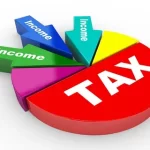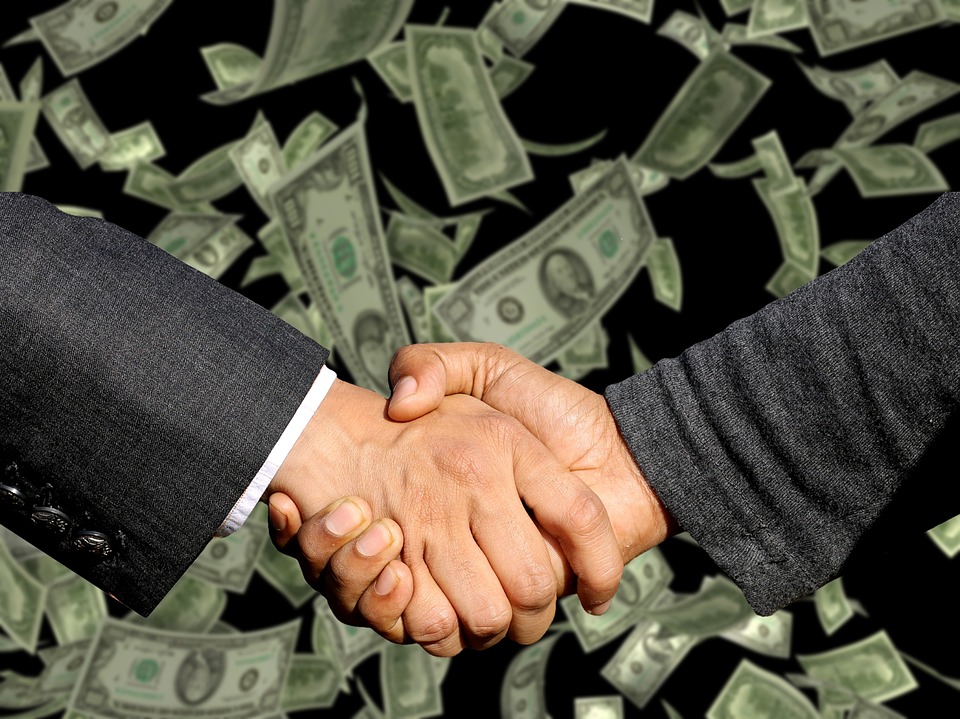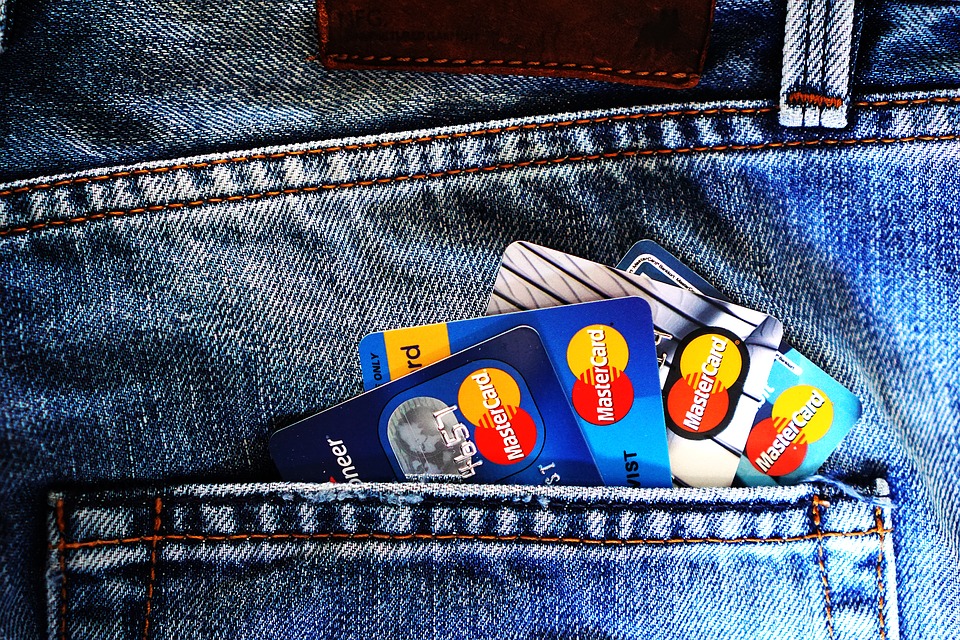“For people who live paycheck to paycheck, and every cent is already spent, they’re living on the edge.”
Have you ever wondered how it feels when someone is living on paycheck to paycheck? You don’t have to go far. Just ask me. There was a time in my life when I lived on a paycheck to paycheck and faced a very hard time. I didn’t have extra money for entertainment or luxury expenses. I used to get cold sweat whenever someone invited me to a birthday party or a New Year party. One invitation meant additional expense, and I couldn’t afford it.
The biggest lesson I learned during that phase is that the urge to buy things with credit cards become stronger when you’re living on paycheck to paycheck. I didn’t have the money to buy good clothes. But credit cards gave me the option to buy things and gifts without asking for money from anyone. Needless to say, I got into debt quickly and had to endure even more pain to destroy it.
Fortunately, I became careful before it was too late. The temptation to borrow short-term loans was huge. But somehow I resisted that temptation and looked for the ways to pay off debt while living on paycheck to paycheck.
I read articles written by personal finance bloggers, participated in debt forums, and asked questions to industry experts about the ways to dissolve debt. Luckily, I got good advice and acted upon them. That helped me to get out of debt within 2 years.
Today, I’m going to talk about various ways to pay off debt when you’re living on paycheck to paycheck. If you’re in debt and living on paycheck to paycheck, then this post is a must read for you. It will take only 2 minutes to read this post. These 2 minutes can be the most important moments of your life if used in the right way.
Ways to dissolve debt when you’re living paycheck to paycheck
It’s a myth that you can’t get rid of debt when you’re living on paycheck to paycheck. The truth is, there are several ways to kick debt out of your life and live without the fear of overspending again. Here are a few of them.
1. Use budgeting tools to track your income and expenses
In order to pay off debt, you need to have an accurate idea of your monthly income and expenses. Your monthly expenses vary from month to month. But the longer you can track them, the more accurate idea you’ll get about your financial life.
There are plenty of budgeting tools available online. You can use them to track your income and expenses 24*7. You’ll have the record of every purchase you’re making.
2. Cut back your expenses and save money
An effective budgeting tool will reveal the following facts to you:
1. How much you earn every month after deducting taxes
2. How much you spend on necessary categories like:
- Food
- Clothes
- Student loan
- Rent
- Retirement savings accounts
3. How much you spend on unnecessary categories
If you’re spending more on unnecessary categories than necessary categories, then restrict yourself from making impulsive purchases. Eliminate your expenses on non-essential things to save money. Try to get a cheaper rate on your home loan. Switch utility providers if required. Switch to a cheaper cable and mobile phone package.
Your goal should be to save money for at least one month’s expense. I agree it will take some time, but it isn’t an impossible task. Once you save money to cover your one month’s expense, you have your emergency fund ready.
3. Check your credit report and list your debts
Look at your credit report to know how much you owe on different credit cards and loans. You can get an idea of how many debts you have and who are your creditors. Note down the name of the creditor, the minimum payment you have to make, and the total balance you owe. Your credit report will give you an accurate snapshot of your debts.
4. Create your gameplan to pay off debts
Don’t panic if you have too many credit card debts. Thank God because you have received the correct picture of your debts. Now, you’re in a position to create a gameplan to pay off your debts. You can consolidate your unsecured debts because that would allow you to pay them off with an affordable monthly payment plan. It won’t create too much financial pressure on you. When you consolidate your debts, you can enjoy interest rate reductions, waived off fees, and penalties. So you can save even more money.
5. Stick to the plan until your debts are paid off
Stick to the debt consolidation plan until you clear your debts. Make affordable monthly payments to the debt consolidation company. They will distribute the amount amongst your creditors. Just keep your spending under control so you can afford to make payments every month.
Conclusion
The emergency fund can help you to cover your unforeseen expenses, stay away from debts and take care of your current financial obligations. When you’re in a debt consolidation plan, continue to save money in your emergency fund. Since you’re living paycheck to paycheck, you never know when you’ll need it.
Once you have paid off debts, check your credit report. See if your creditors have updated the status of your accounts. If they haven’t, ask them to update your account status as ‘paid in full’ to uplift your FICO score.
Finally, try to earn more money to break the cycle of living paycheck to paycheck. When you earn more money, it will be easier for you to pay off debts and boost your emergency fund. So look for the ways to earn more money. Ask your boss to give you a pay hike or get a side hustle if required. Thanks to the Internet, online jobs are rampant in the country. You can do those jobs at the weekend. What’s the big deal?











